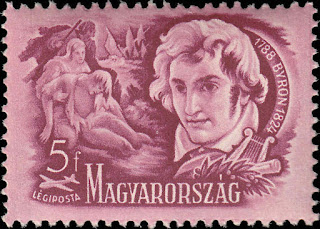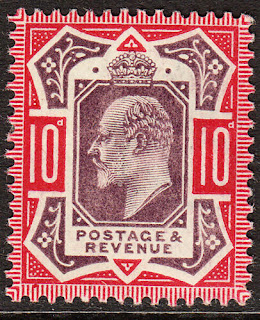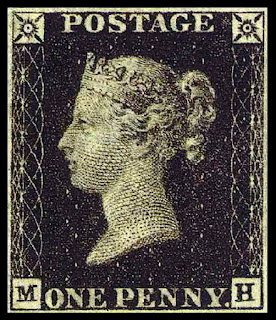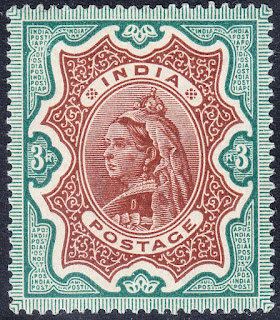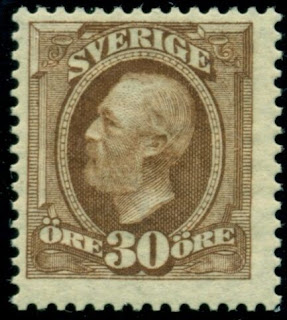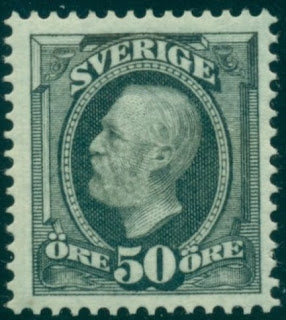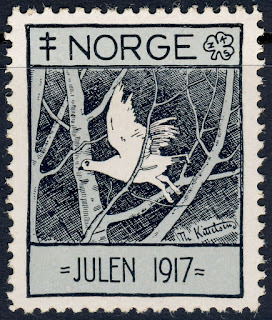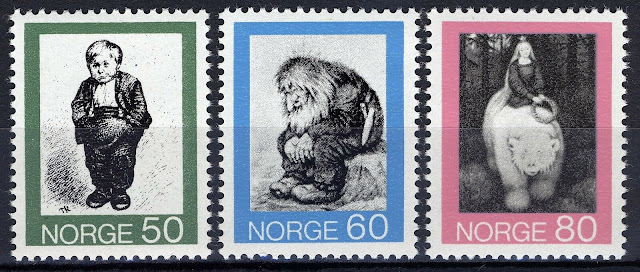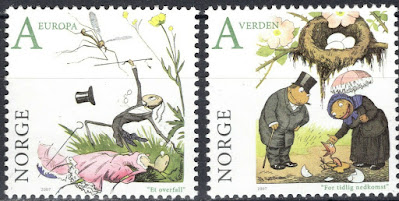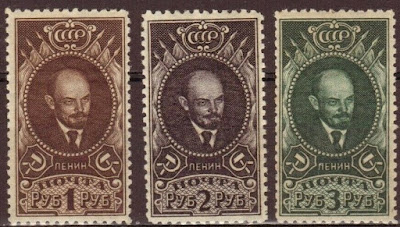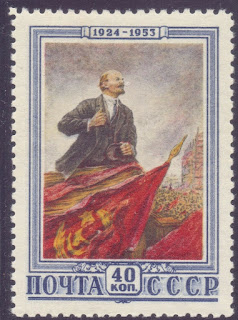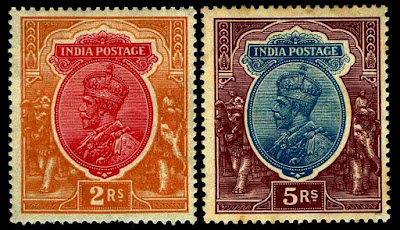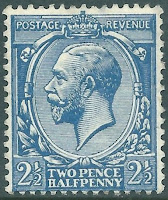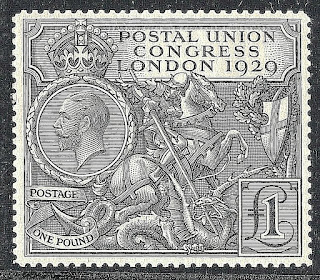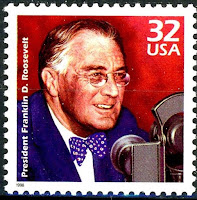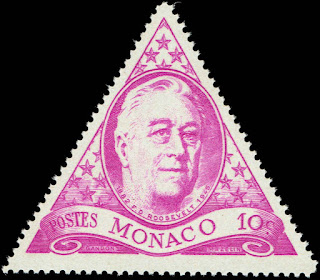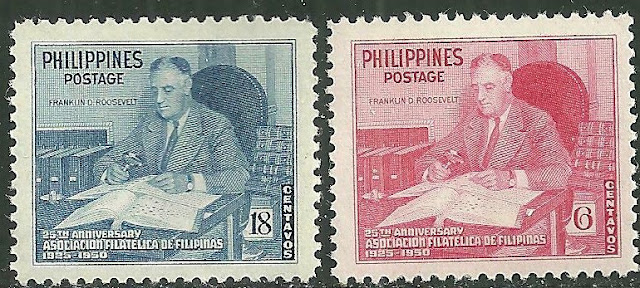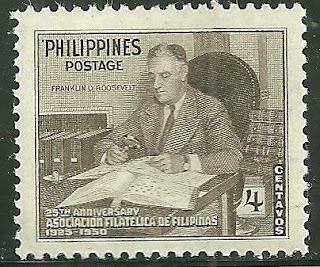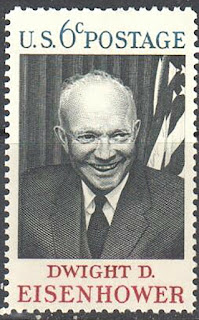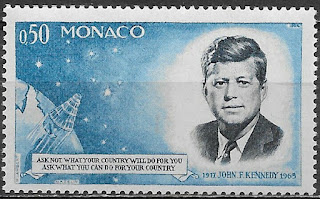Here are some events that happened on January 22nd. It could be an event or a person that died or was born on that day
1561 Born: Francis Bacon, English philosopher and politician, Attorney General for England and Wales (d. 1626)
Francis Bacon, 1st Viscount St Alban, (22 January 1561 – 9 April 1626), also known as Lord Verulam, was an English philosopher and statesman who served as Attorney General and as Lord Chancellor of England. His works are credited with developing the scientific method and remained influential through the scientific revolution.
Bacon has been called the father of empiricism. His works argued for the possibility of scientific knowledge based only upon inductive reasoning and careful observation of events in nature. Most importantly, he argued science could be achieved by use of a sceptical and methodical approach whereby scientists aim to avoid misleading themselves. Although his most specific proposals about such a method, the Baconian method, did not have a long-lasting influence, the general idea of the importance and possibility of a sceptical methodology makes Bacon the father of the scientific method. This method was a new rhetorical and theoretical framework for science, the practical details of which are still central in debates about science and methodology.
Bacon played a leading role in establishing the British colonies in North America, especially in Virginia, the Carolinas and Newfoundland in northeastern Canada. His government report on "The Virginia Colony" was submitted in 1609. In 1610 Bacon and his associates received a charter from the king to form the Tresurer and the Companye of Adventurers and planter of the Cittye of London and Bristoll for the Collonye or plantacon in Newfoundland, and sent John Guy to found a colony there.[81] Thomas Jefferson, the third President of the United States, wrote: "Bacon, Locke and Newton. I consider them as the three greatest men that have ever lived, without any exception, and as having laid the foundation of those superstructures which have been raised in the Physical and Moral sciences".[82]
In 1910 Newfoundland issued a postage stamp to commemorate Bacon's role in establishing the colony. The stamp describes Bacon as "the guiding spirit in Colonization Schemes in 1610".
1788 Born: Lord Byron, English poet and playwright (d. 1824)
George Gordon Byron, 6th Baron Byron (22 January 1788 – 19 April 1824), known simply as Lord Byron, was an English peer, who was a poet and politician. He was one of the leading figures of the Romantic movement and is regarded as one of the greatest English poets. He remains widely read and influential. Among his best-known works are the lengthy narrative poems Don Juan and Childe Harold's Pilgrimage; many of his shorter lyrics in Hebrew Melodies also became popular.
He travelled extensively across Europe, especially in Italy, where he lived for seven years in the cities of Venice, Ravenna, and Pisa. During his stay in Italy he frequently visited his friend and fellow poet Percy Bysshe Shelley. Later in life Byron joined the Greek War of Independence fighting the Ottoman Empire and died of disease leading a campaign during that war, for which Greeks revere him as a national hero. He died in 1824 at the age of 36 from a fever contracted after the First and Second Siege of Missolonghi.
His only marital child, Ada Lovelace, is regarded as a foundational figure in the field of computer programming based on her notes for Charles Babbage's Analytical Engine. Byron's extramarital children include Allegra Byron, who died in childhood, and possibly Elizabeth Medora Leigh, daughter of his half-sister Augusta Leigh.
Stamps from Greece, Hungary and Russia depicting Lord Byron
1901 – Edward VII is proclaimed King after the death of his mother, Queen Victoria.
Edward VII (Albert Edward; 9 November 1841 – 6 May 1910) was King of the United Kingdom of Great Britain and Ireland from 22 January 1901 until his death in 1910.
The eldest son of Queen Victoria and Prince Albert of Saxe-Coburg and Gotha, Edward was related to royalty throughout Europe. He was heir apparent to the British throne and held the title of Prince of Wales for longer than any of his predecessors. During the long reign of his mother, he was largely excluded from political power, and came to personify the fashionable, leisured elite. He traveled throughout Britain performing ceremonial public duties, and represented Britain on visits abroad. His tours of North America in 1860 and the Indian subcontinent in 1875 were popular successes, but despite public approval his reputation as a playboy prince soured his relationship with his mother.
As king, Edward played a role in the modernization of the British Home Fleet and the reorganization of the British Army after the Second Boer War. He reinstituted traditional ceremonies as public displays and broadened the range of people with whom royalty socialized. He fostered good relations between Britain and other European countries, especially France, for which he was popularly called "Peacemaker", but his relationship with his nephew, the German Emperor Wilhelm II, was poor. The Edwardian era, which covered Edward's reign and was named after him, coincided with the start of a new century and heralded significant changes in technology and society, including steam turbine propulsion and the rise of socialism. He died in 1910 in the midst of a constitutional crisis that was resolved the following year by the Parliament Act 1911, which restricted the power of the unelected House of Lords.
Stamps issued by Great Britain depicting Edward VII
1901 Died: Queen Victoria of the United Kingdom (b. 1819)
Victoria (Alexandrina Victoria; 24 May 1819 – 22 January 1901) was Queen of the United Kingdom of Great Britain and Ireland from 20 June 1837 until her death. She adopted the additional title of Empress of India on 1 May 1876. Known as the Victorian era, her reign of 63 years and seven months was longer than that of any of her predecessors. It was a period of industrial, cultural, political, scientific, and military change within the United Kingdom, and was marked by a great expansion of the British Empire.
Victoria was the daughter of Prince Edward, Duke of Kent and Strathearn (the fourth son of King George III), and Princess Victoria of Saxe-Coburg-Saalfeld. After both the Duke and his father died in 1820, she was raised under close supervision by her mother and her comptroller, John Conroy. She inherited the throne aged 18 after her father's three elder brothers died without surviving legitimate issue. Though a constitutional monarch, privately, Victoria attempted to influence government policy and ministerial appointments; publicly, she became a national icon who was identified with strict standards of personal morality.
Victoria married her cousin Prince Albert of Saxe-Coburg and Gotha in 1840. Their children married into royal and noble families across the continent, earning Victoria the sobriquet "the grandmother of Europe" and spreading haemophilia in European royalty. After Albert's death in 1861, Victoria plunged into deep mourning and avoided public appearances. As a result of her seclusion, republicanism in the United Kingdom temporarily gained strength, but in the latter half of her reign, her popularity recovered. Her Golden and Diamond Jubilees were times of public celebration. She died on the Isle of Wight in 1901. The last British monarch of the House of Hanover, she was succeeded by her son Edward VII of the House of Saxe-Coburg and Gotha.
Great Britain Penny Black stamps, the first stamps issued in the world
Stamp from India and Great Britain showing Empress Victoria
1973 Died: Lyndon B. Johnson, American lieutenant and politician, 36th President of the United States (b. 1908)



